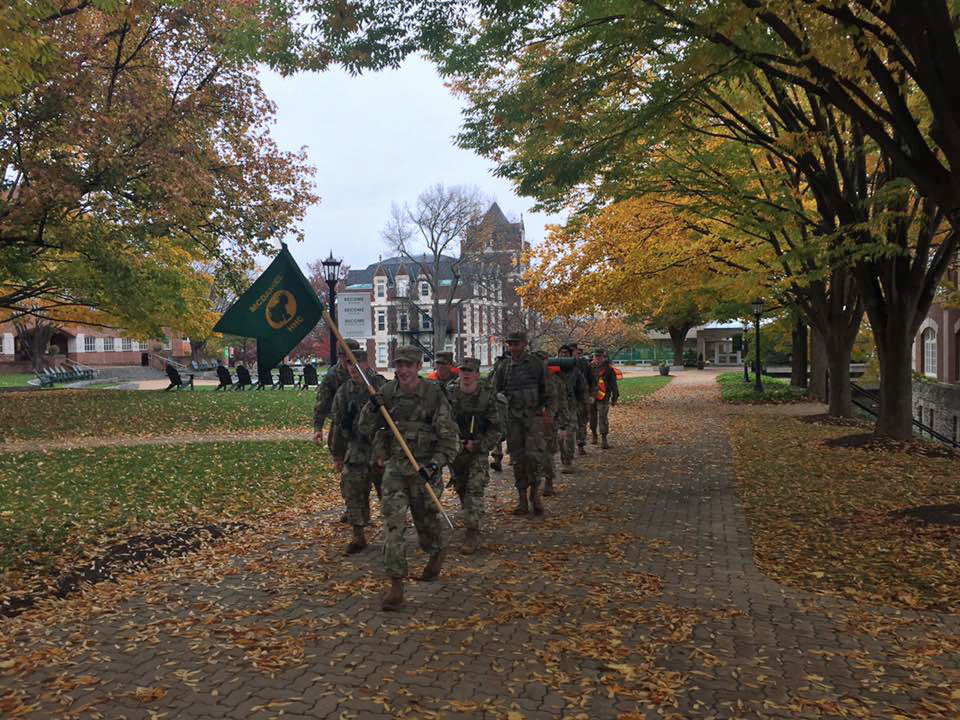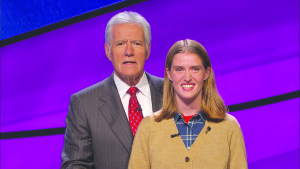On Sunday, November 13, artist and art restorer Kateryna Dovgan will offer a Ukrainian Icon lecture at Mount St. Mary’s Knott Theatre in Emmitsburg for the benefit of Ukrainian war victims.
Ukrainian-born Professor Dovgan teaches art and art history at McDaniel College. The lecture will be held from 2:00-4:00 p.m., and a goodwill collection will be taken up. The public is warmly invited to attend.
Sponsors are the Town of Emmitsburg and the Mount St. Mary’s University Center for Service.



